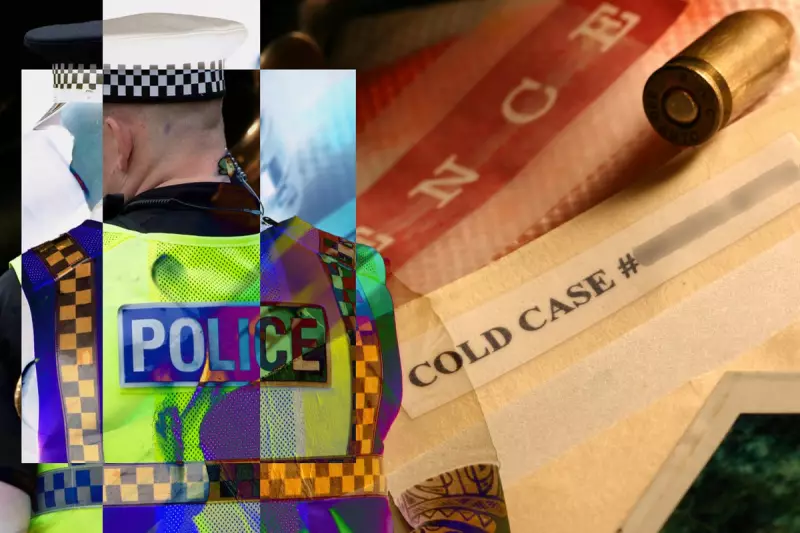
In a remarkable display of dedication, a small specialist police team in the West Midlands has successfully resolved more than 240 long-standing missing person cases, bringing answers to families who had waited decades for news.
The Unsolved Files: A New Hope
Officially designated the West Midlands Police 'long-term complex team', this five-person unit was established in April 2022 to tackle the force's backlog of unresolved disappearances. At its inception, the team faced a daunting 320 unsolved missing person cases. Through relentless effort, they have now whittled that number down to just 79.
Police Constable Shaun Reeve, a key member of the unit, explained the driving force behind their work. "None of them have a voice today," he said. "A lot of them have been forgotten. A lot of people don't even know they've been missing. I think they deserve for their story, their name, their face, to actually be put out there."
Breakthroughs from Decades Past
The team's most significant achievement involved one of the UK's longest-running missing person cases: the disappearance of Sheila Fox. She vanished from Coventry in 1972 at the age of 16 and remained missing for 52 years.
PC Reeve initially believed the case would be a "quick win", but it became his most frustrating challenge. The investigation stalled until he discovered a tiny microfiche negative buried in an old file. After enlarging the image at a local library, he issued a social media appeal on New Year’s Eve 2024.
By the next day, old friends had come forward, unaware she was ever reported missing. Their information led officers directly to her. "She was safe and well, there were no issues, that was the main thing. I don't think she even knew that she'd been missing," PC Reeve revealed.
Harnessing Old Files and New Technology
The team's caseload is vast, ranging from the 1968 disappearance of 17-year-old Maria Aldridge to cases that began as recently as May of this year. Much of the original paperwork from older investigations has been lost or damaged, but modern technology offers new avenues.
Facial recognition, digital trails, and online databases have become invaluable tools. The team also future-proofs each investigation, ensuring a clear record for any officer who might work on the case years from now, and prioritises collecting DNA samples from families.
Sergeant Paul Horobin highlighted the evolution in investigative methods. "Historically speaking, [it was] a lot of paper records. Nowadays, searching on the open source systems or public databases of government agencies... it's a lot easier to get the information out now."
Alongside their direct work, The Independent is collaborating with the charity Missing People on the SafeCall campaign, aiming to raise £165,000 to launch a free service for the 70,000 children reported missing each year.





